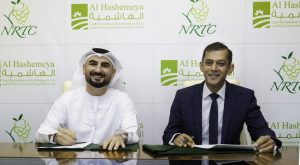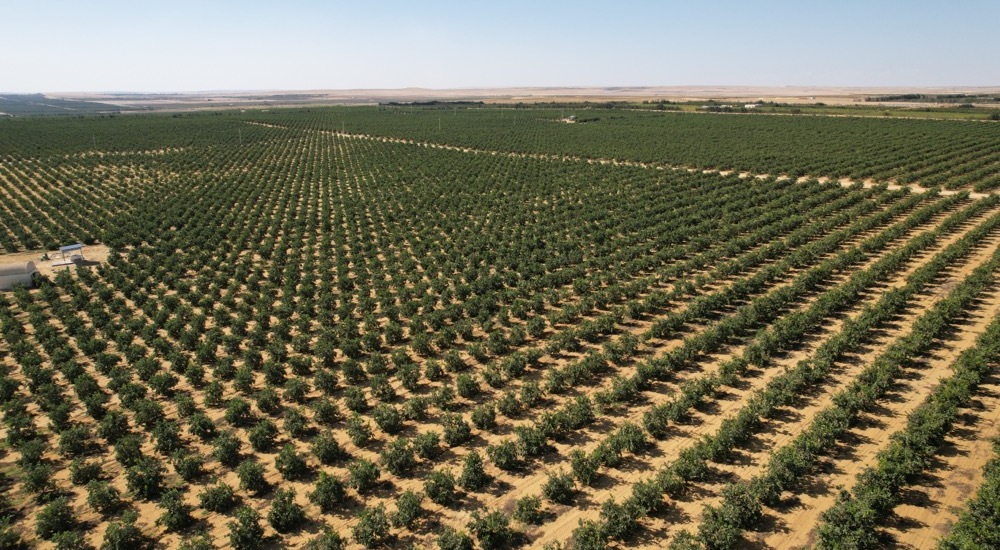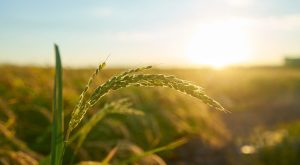
In a bold move that redefines the future of agricultural supply in the GCC, NRTC Food Holding LLC, has officially acquired Al Hashemeya Farms, one of the largest privately managed agricultural estates in the Middle East. Situated in Egypt’s fertile Wadi El Natrun region, this acquisition marks a defining chapter in NRTC’s mission to strengthen food security, enhance produce quality, and secure sustainable, high-volume supply chains for the region.
A Landmark Move for the GCC’s Agri-Food Sector:
With the increasing pressures of climate change, rising populations, and supply chain disruptions, food security has become a central priority for governments and businesses across the Gulf Cooperation Council (GCC). NRTC’s acquisition of Al Hashemeya Farms reflects a strategic pivot toward upstream agricultural integration, allowing the company to gain greater control over its supply chains — from farm to fork.
Mohammed Al Refaee, CEO of NRTC, described the acquisition as a “pivotal milestone in our journey to control quality at the source, invest in food system resilience, and deliver fresher, better produce to our customers.”
This move is not just a business expansion — it’s a statement of intent, positioning NRTC as a vanguard of sustainable agricultural development in the region.
Al Hashemeya Farms: A Strategic Asset

Spanning approximately 10,000 acres, Al Hashemeya Farms represents a highly valuable and productive asset in NRTC’s portfolio. Currently, around 70% of the estate is under cultivation, featuring a rich and diverse array of crops such as citrus, olives, mangoes, grapes, dates, wheat, and sugar beet. The estate boasts over 2 million fruit trees, supported by modern agricultural technology, including center-pivot irrigation systems and solar-powered water infrastructure — a testament to sustainable farming in action.
With an annual yield capacity of up to 70,000 tonnes, the farm adds significant upstream muscle to NRTC’s distribution capabilities. More importantly, it allows NRTC to directly manage crop cultivation, reducing dependency on third-party suppliers and ensuring tighter quality control, better predictability in supply, and lower risk exposure to market fluctuations.
Vertical Integration: From Distributor to Producer
Traditionally known for its excellence in produce distribution, NRTC is now moving decisively into the production end of the agri-food value chain. This vertical integration gives the company end-to-end oversight of its operations — from planting and harvesting to distribution and retail.
The benefits are manifold:
- Quality Control: By managing farming operations directly, NRTC can ensure higher standards in food safety, freshness, and nutritional value.
- Supply Chain Resilience: In-house production reduces reliance on external suppliers, minimizing disruptions and bottlenecks.
- Cost Efficiency: Control over production allows better management of input costs, improving profitability and affordability for consumers.
- Food Security: A stable, self-reliant supply of fresh produce contributes to broader regional goals around food sovereignty and sustainability.
This move is not just about operational efficiency. It’s about creating a robust, resilient food ecosystem that can withstand external shocks — be it climate variability, trade restrictions, or geopolitical challenges.
A Broader Vision for Africa
While the acquisition of Al Hashemeya Farms is a significant milestone, it’s also a stepping stone toward broader ambitions. NRTC has confirmed that it is actively exploring further agri-investment opportunities across Africa, with a strategic focus on scalable, climate-resilient farming models.
These new investments aim to strike a balance between commercial viability, food security, and social development. Africa’s diverse agro-climatic zones offer enormous potential for crop cultivation, and NRTC is well-positioned to bring its expertise, infrastructure, and capital to develop these resources sustainably.
By partnering with local stakeholders and adopting regenerative practices, NRTC is looking to champion models that boost yields while conserving water, enhancing soil health, and uplifting rural communities.
Reinventing the Future of Fresh Produce in the GCC

In recent years, the GCC countries have accelerated efforts to strengthen domestic and regional food systems. Strategic investments in agriculture — both within and beyond borders — are critical to achieving these objectives. NRTC’s acquisition of Al Hashemeya Farms exemplifies this forward-thinking approach.
Through this landmark deal, NRTC is not only expanding its footprint — it’s setting a new standard for how food companies can contribute to regional resilience. From solar-powered irrigation systems to multi-crop diversification, the farm represents an ideal blend of tradition, technology, and sustainability.
Moreover, by controlling its supply chain from the ground up, NRTC can better respond to market demands, seasonal shifts, and evolving consumer preferences — offering fresher, safer, and more traceable produce to millions of customers across the GCC.
As global food systems encounter increasing challenges, companies like NRTC are taking the lead through bold and strategic investments. The acquisition of Al Hashemeya Farms is more than a corporate milestone — it is a commitment to sustainability, resilience, and regional food security.
With its eyes set firmly on the future, NRTC is sowing the seeds for a more secure and sustainable agri-food landscape — not just for the GCC, but for the wider region it serves.

